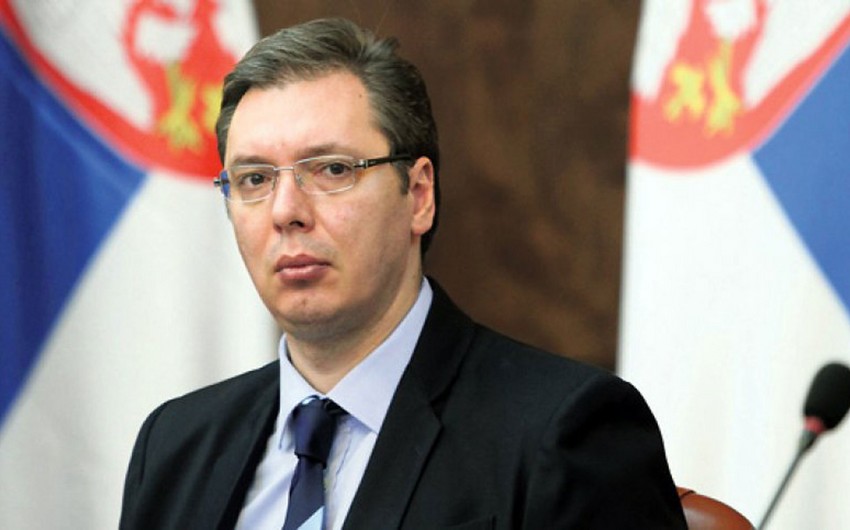Serbia has been discreetly stepping up sales of ammunition to the west that ends up bolstering the defence of Ukraine — even though it is one of only two European countries not to join western sanctions against Russia, Report informs via the Financial Times.
Estimates shared with the Financial Times put Serbia’s ammunition exports that have come to Ukraine via third parties at about €800 million — a sum President Aleksandar Vučić indicated was broadly accurate — since Russia’s full-scale invasion of Ukraine in 2022. He presented the situation as a business opportunity, insisting he would not take sides in the war.
“This is a part of our economic revival and important for us. Yes, we do export our ammunition,” he said in an interview. “We cannot export to Ukraine or to Russia . . . but we have had many contracts with Americans, Spaniards, Czechs, others. What they do with that in the end is their job.
“Even if I know [where the ammunition ends up], that’s not my job. My job is to secure the fact that we deal legally with our ammunition, that we sell it . . . I need to take care of my people, and that’s it. That’s all I can say. We have friends in Kyiv and in Moscow. These are our Slav brothers.”
Asked if the €800 million figure was in the right “ballpark”, he said not over one year but “maybe in two or three years, something like that”.
Serbia is neither a member of Nato nor the EU, and its people have long had a sentimental attachment to Russia while resenting the west after Nato’s bombing campaign on their country in 1999. Belgrade also counts on Moscow to block international recognition of Kosovo.
Vučić has resisted western pressure to adopt the Russia sanctions regime and has allowed Russian flights to continue, even as he says he is committed to his country becoming an EU member. He has also sought to hedge his bets and keep a distance between himself and Russian President Vladimir Putin.
“Europe and the US have worked for years to distance Vučić from Putin,” a western diplomat said, adding that a crucial player was US ambassador Christopher Hill, who arrived in Belgrade a month after the full-scale invasion.
“Everyone expected [Hill] to fight with Vučić but his only agenda has been to distance Belgrade from Moscow,” the diplomat said. “He has succeeded. Vučić has not met, nor even called Putin for years. And of course there is the question of weapons shipments that end up in Ukraine.”
Serbia had a thriving arms industry during the cold war when it was part of Yugoslavia, and is a manufacturer of Soviet-standard ammunition calibres still widely in use in Ukraine’s armed forces. It is also joining a global trend of looking to boost arms sales at a time when Russia has launched a war economy that has ramped up production faster than Ukraine’s western allies.
Vučić said Serbia has a golden opportunity as its arms were cheaper than in the west, adding that the scale of Serbia’s overall ammunition exports could increase.


 https://static.report.az/photo/3914562c-3bf3-33ce-ab2b-75d99530a482.jpg
https://static.report.az/photo/3914562c-3bf3-33ce-ab2b-75d99530a482.jpg

